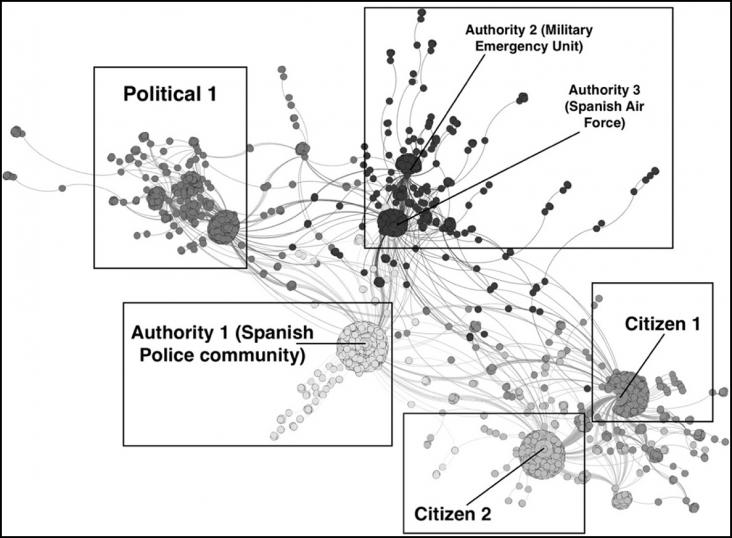With regard to computer abuse, the term "malicious insider" tends to be associated with male employees, likely because men commit more crimes relative to women.
In this brief perspective piece, a rural sexual assault nurse examiner (SANE) program is described in the hopes that dissemination will lead to increased numbers of rural SANEs, increased reporting of sexual assaults in rural and underserved communities, increased prosecution rates of sexual assault perpetrators, and program sustainability through the provision of a nurse-centered approach to training and support. This article contributes SDGs 3, 5, 9, and 16.
Contributing to SDGs 3, 5 and 16, this paper examines the demographic profile of female victims with intellectual disablities who were sexually assaulted and the characteristics of sexual assault.
Advancing SDGs 3, 5 and 16, this article discusses increased risk of family violence during COVID-19 pandemic and suggests that collaborations between human welfare and animal welfare agencies, expanding community partnerships, and informing the public of the great importance of reporting any concerns of abuse are all critical at this time.

Social media assemble multiple users' interactions across singular events. Authorities need to navigate this diversity to effectively communicate and promote collaborative strategies.
An innovative approach towards the holistic and multidisciplinary study of the victimization of women by drug-facilitated sexual assault has been developed.
The victimization of women by opportunistic drug-facilitated sexual assault in leisure contexts was studied in this work by applying a novel approximation.
Bride burning is a distinct and continuous type of gender-based violence that jeopardizes the accomplishment of the Sustainable Development Goals (SDGs) for gender equality, human rights, and justice.
Violence against women is a violation of human rights, crossing all cultures, classes, levels of education, earnings, ethnic and age groups.
To better understand how gender impacts parliamentary representation, we analysed representative claims made by parliamentarians in India, the world's largest democracy.
